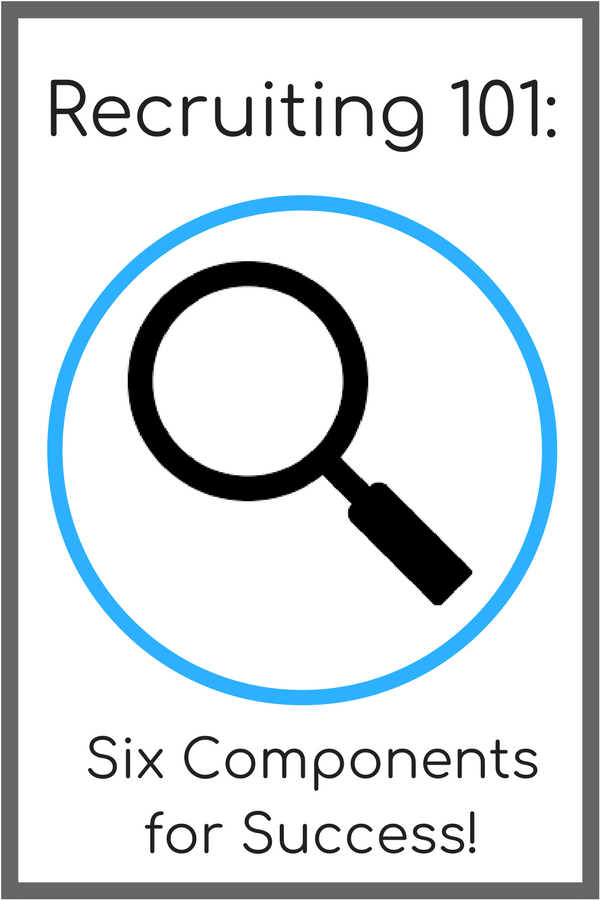Critical HR Updates: COVID, Masks, Vaccinations & More
The COVID rollercoaster continues with new guidance and unexpected changes that impact employers across the nation.
Critical HR Updates: The New CDC Guidance
On May 13th, in what many felt was an abrupt change of course, the CDC issued updated guidance for fully vaccinated individuals. “Fully vaccinated people can resume activities without wearing a mask or physically distancing, except where required by federal, state, local, tribal, or territorial laws, rules, and regulations, including local business and workplace guidance.”
In a White House briefing, CDC Director Dr. Rochelle Walensky explained that fully vaccinated people can “participate in indoor and outdoor activities, large or small, without wearing a mask or physical distancing. If you are fully vaccinated, you can start doing the things that you had stopped doing because of the pandemic.”
Director Walensky explained that masking is still required on planes, buses, trains, and other forms of public transportation and in transportation hubs such as airports and stations. The CDC clarified that mask and physical distancing protocols should continue to be followed in some situations, such as at healthcare settings and long-term care facilities, and in congregate settings like homeless shelters, prisons, and jails. The CDC also updated travel and quarantine guidance.
What Does Fully Vaccinated Mean?
According to the CDC website, people are considered fully vaccinated:
- 2 weeks after their second dose in a 2-dose series, or
- 2 weeks after a single-dose vaccine.
Per the CDC, if you don’t meet these requirements, regardless of your age, you are NOT fully vaccinated.
What Does This Mean for Employers?
Employers must comply with State and local rules and COVID protocols are no exception. As many States and cities had enacted mask requirements, the first step for employers is to know and understand whether the requirements that impact their organization are still in place or have been lifted.
For example, on May 13th, Governor Walz announced the end of statewide face covering requirements in Minnesota. The City of Duluth announced it would no longer enforce the mask ordinance effective May 14th. “Businesses and organizations are welcome to create their own policies around mask-wearing that fits their business models” said Duluth City Council Vice President Arik Forsman. Similarly, the Superior City Council voted to end the city’s mask mandate.
HR experts are hoping that OSHA (Occupational Safety and Health Administration) guidance will be updated to provide clarity consistent with the CDC announcement. Per OSHA, employers should implement COVID-19 Prevention Programs in the workplace, to include the following key elements: conducting a hazard assessment; identifying a combination of measures that limit the spread of COVID-19 in the workplace; adopting measures to ensure that workers who are infected or potentially infected are separated and sent home from the workplace; and implementing protections from retaliation for workers who raise COVID-19 related concerns.
According to a recent SHRM (Society for Human Resource Management) report, as of May 2nd there have been 66,161 total COVID-19-related complaints received in federal and state OSHA programs since 2/1/2020, and the federal OSHA office has conducted 426 COVID-19-related inspections with initial penalties totaling $5,441,476. OSHA published a new National Emphasis Program (NEP) focusing on COVID inspections and enforcement.
Critical HR Updates: Vaccinations
Employers have been grappling with vaccination questions for months. The updated CDC guidance brings the issue to the forefront.
Can Employers Ask If Employees Have Been Vaccinated?
At this point, yes. Employers are permitted to ask employees if they have been vaccinated against COVID-19. However, use caution to avoid soliciting information that may be related to an employee’s medical condition. Aim for a simple Yes or No response. Any further inquiry should follow strict confidentiality protocols and comply with restrictions around engaging in dialogue around medical information. However, stay tuned for updates. For example, there is a bill in the Minnesota House that would amend the MHRA (Minnesota Human Rights Act) to make an “individual’s vaccination status” a protected characteristic.
Can Employers Make Vaccination Mandatory?
Some employers are making vaccinations mandatory and a condition of employment. This is somewhat murky waters and federal and state rules are still evolving. The Equal Employment Opportunity Commission (EEOC) released guidance prior to the CDC’s May 13th update and is “considering any impact of these developments on COVID-19 technical assistance provided to date.” The current guidance (Section K) indicates employers must consider reasonable accommodation for employees with disabilities and employees with religious beliefs that conflict with receiving a vaccine. Labor attorneys caution that for workers covered by a collective bargaining agreement, the issue may need to be bargained with the union prior to implementation.
Because of the evolving landscape, many HR professionals are instead recommending that employers strongly encourage vaccination rather than making it mandatory. This is an evolving landscape with pending legislation that could impact these issues. For example, there are bills in the Minnesota House and Senate that would prohibit employers from disciplining or discharging an employee or applicant who refuses to be vaccinated.
Small Employer Tax Credit
Small employers with less than 500 employees may be eligible for a paid-leave tax credit for providing full pay to employees who take time off to receive and recover from a COVID-19 vaccination, up to $511 per day for each vaccinated employee.
Critical HR Updates: Workers Compensation
Minnesota’s Workers Compensation Act’s rebuttable presumption for frontline workers and first responders has been extended to December 31, 2021.
Critical HR Updates: Independent Contractor Rule
In early May, the U.S. Department of Labor (DOL) announced a withdrawal of the Trump Administration’s independent contractor rule, which would have made it easier for employers to classify workers as independent contractors. DOL had proposed a withdrawal of the rule in March of 2021, stating it was “inconsistent with the FLSA’s text and purpose, and would have a confusing and disruptive effect on workers and businesses alike due to its departure from longstanding judicial precedent.”
Supporters of the rule argued that it better aligned with the gig economy and recognized the “entrepreneurial spirit” of workers preferring the freedom associated with being an independent contractor. However, critics of the rule argued that unscrupulous employers would take advantage of it by more easily classifying workers who should be employees as independent contractors to avoid expenses such as health insurance, paid time off, overtime pay, retirement contributions, and payroll taxes.
Stay Tuned: More to Come
With guidance and rules rapidly changing and evolving, it is critical for employers to stay updated on how these changes will impact their employees, operations, and policies.
Originally published in June 2021 Business North.
About the Author
HR thought leader and principal at Audacity HR, Stacy Johnston, provides innovative solutions with a mission to support organizations in understanding and engaging their biggest competitive advantage… their employees. Johnston is a licensed attorney and holds the SHRM-CP and PHR credentials.
HR Resources
Is your Employee Handbook updated and in compliance with new Minnesota law? Read about the changes here.
Citations and Links
https://www.cdc.gov/coronavirus/2019-ncov/vaccines/fully-vaccinated.html
http://mn.gov/governor/news/index.jsp?id=1055-482065
https://duluthmn.gov/media/WebSubscriptions/31/20210514-31-6324.pdf
https://www.osha.gov/coronavirus/safework
https://www.osha.gov/sites/default/files/enforcement/directives/DIR_2021-01_CPL-03.pdf
https://www.eeoc.gov/wysk/what-you-should-know-about-covid-19-and-ada-rehabilitation-act-and-other-eeo-laws
https://home.treasury.gov/system/files/136/Paid-Leave-Credit-Snapshot.pdf
http://www.dli.mn.gov/sites/default/files/pdf/COVID-19_work_comp_presumption_faqs.pdf
https://www.dol.gov/agencies/whd/flsa/2021-independent-contractor

Interested in ongoing HR expertise, compliance assistance or more HR tips?
Check out our online resources or reach out to us for a free and confidential consultation at info@audacityhr.com
Resources
Looking for training resources? Check out our online options!







